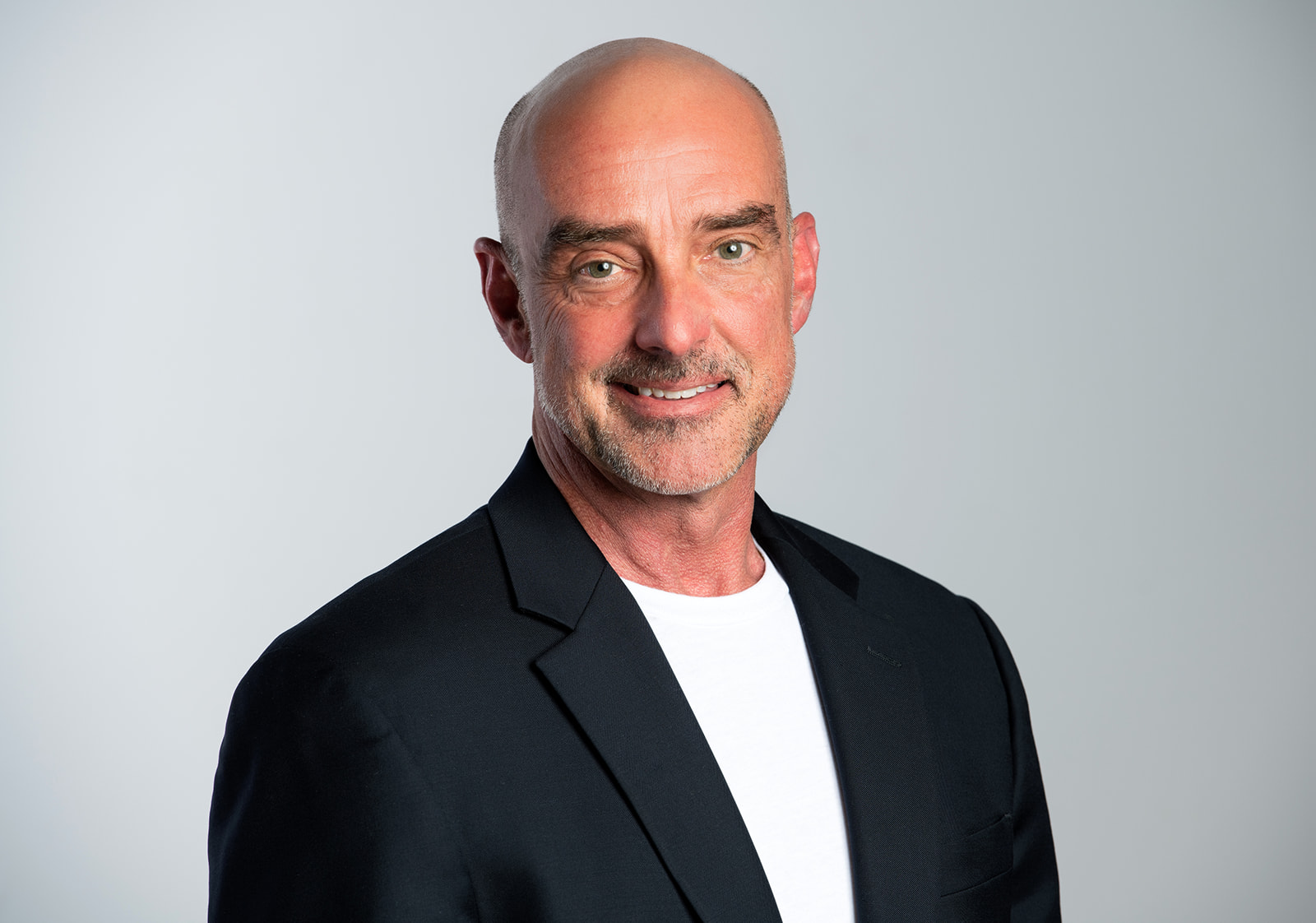OK, not everyone is going to like this one. But here goes.
Christians seeking counseling are too often looking for a sacred secret to make their problem go away and make them feel better. They walk in the door with shame for not being “good enough.” And trust me, there are plenty of well meaning, unlicensed, and minimally trained counselors who will feed into this perspective. They will diagnose their client’s problems as sin, prescribe a set of behaviors, and promise that if they do these things they will once again be back in the “will of God” and be healed. The problem, the counselor will maintain, is a lack of obedience.
And here’s the problem with this approach. It can easily feel like a formula. It is about rules rather than relationship. It is a religious bypass of the deeper work of healing.
Funny thing about the word “obedience.” It comes from the Latin word obedire which is rooted in the verb to listen – audire. True obedience is to listen responsively rather than compliantly. Compliance is about threat. Responsiveness is about replying in love to the Divine Lover. Responsive is the kid who comes bounding into the room with a smile on his face when mom calls out his nickname. Compliance is the kid who drags himself in to the room the third time his mother has called out his FIRST, MIDDLE, AND LAST NAME! Responsive listening calls forth faith, not fear. Jesus demonstrates this listening, and he filled-full the words, “Hear O Israel, the Lord our God, the Lord is one” as he listened relationally to the voice of the Father. In response he loved God and neighbor.
Spiritually oriented therapy starts with being still and listening before any doing. And this might surprise you, it does not begin with listening for instruction from God, but listening, paying attention to what is going on within ourselves. Yes, God is indeed in the midst of our lives, but IF we are going to be in a relational conversation, and not just a propositional arrangement focused on doctrine and ideals, we must learn to know ourselves, listen to our own echo, notice those words we silently speak over and over in our heads. We must come to know, accept, and love the self that God knows, accepts, and loves in all of our woundedness and imperfections and “crazy thoughts.” That’s the preparation necessary to “hear” what the Spirit is saying to us. Anything less forecloses on the process.
An important principle in spiritually oriented psychotherapy: you can only change what you first accept. So put aside the merit system, the sin/righteousness ledger, the measuring rod for progressive sanctification. Get curious…about yourself, about whence that last self-depreciating thought came. Consider why you feel desperate when someone disappoints you or great anxiety when you have to disappoint someone else. Wonder what need draws you to behaviors over and over again that you regret. See if you can recall the first time you felt some uncomfortable feeling that you are feeling today; was this feeling related to anyone important in your life? Often, it is in places like these that the wound is found. And God is already in the wound ready to meet you there, to diagnose and heal graciously and relationally.
Ironically, when we stop trying to please at a surface level, and go deep, trusting that we are already accepted, real change takes place. It takes place as we continue to open ourselves to journeying on the path of truth day by day. We are re-formed cross time. And we call that spiritual trans->formation.


Recent Comments